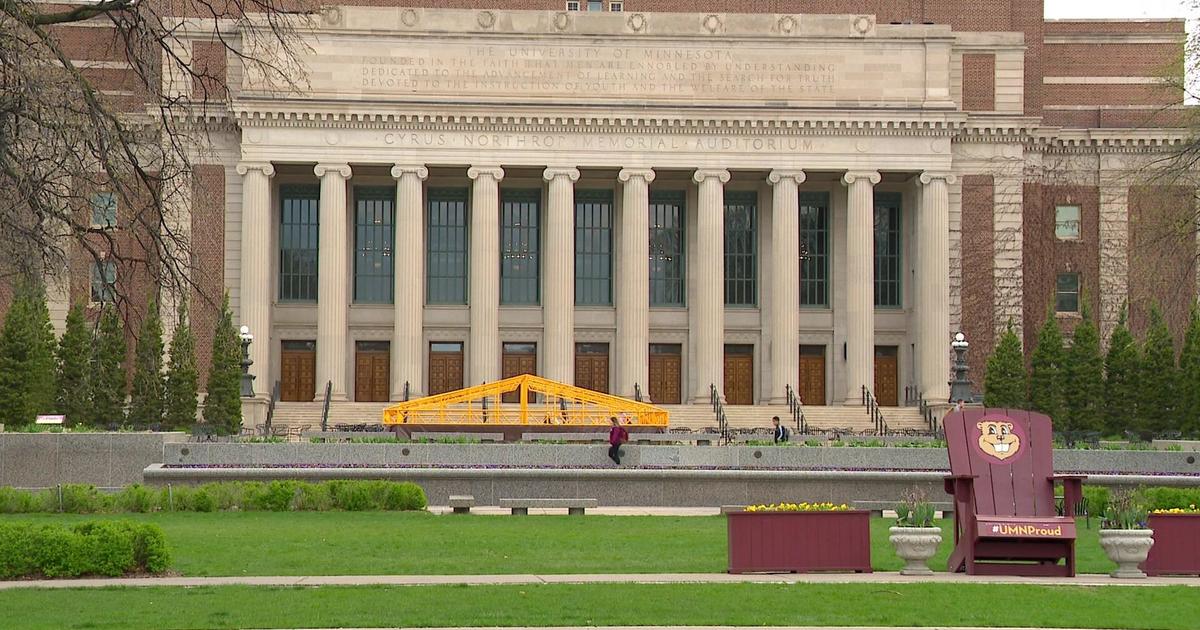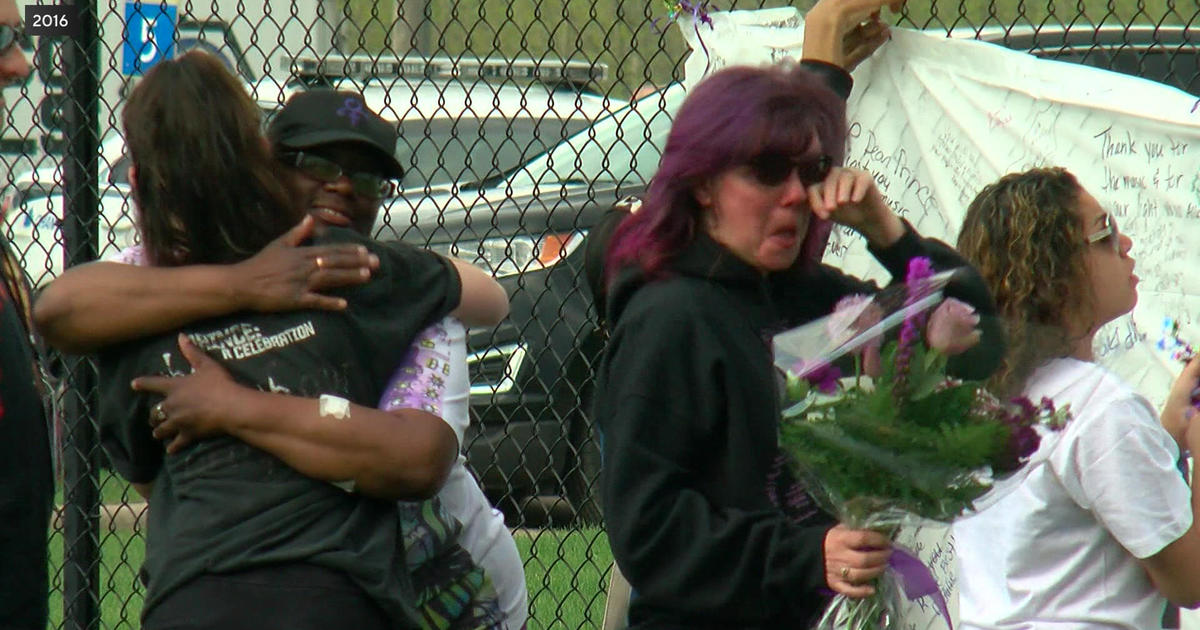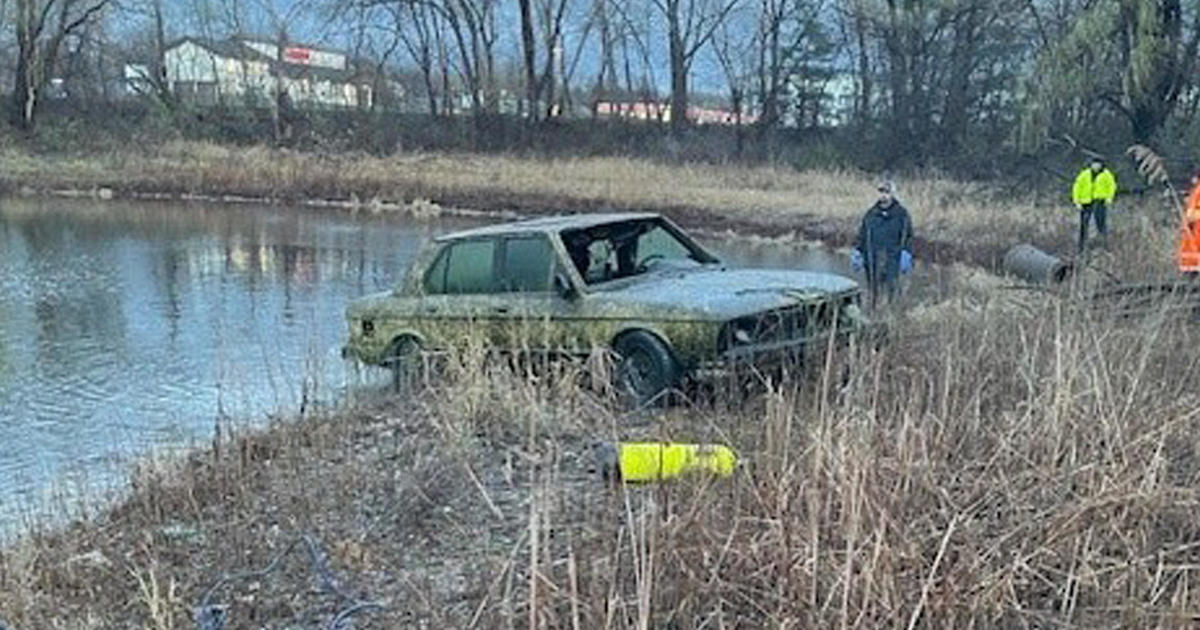Minnesotans Urged To Help Millions Struggling Amid East Africa Famine
MINNEAPOLIS (WCCO) -- Twin Cities leaders of several nonprofits made a public plea Tuesday for help from Minnesotans.
Humanitarian groups estimate more than 21 million people across East Africa are in desperate need of humanitarian help and facing famine.
Several seasons of drought – and civil war, in some countries -- has made getting enough food and water extremely difficult in the region.
University of Minnesota student Zamzam Yusuf was among many leaders of organizations asking for donations.
Yusuf is the leader of the Al-Madinah Cultural Center on campus.
"It is imperative that we do all that we can to support humanitarian efforts to alleviate any hardship to our brothers and sisters in humanity around the world," Yusuf said.
East African countries like Somalia, Ethiopia, Kenya and Sudan are among those impacted by several seasons of drought.
Mohamed Idris is executive director of American Relief Agency for the Horn of Africa (ARAHA).
"Mass death among livestock in the horn of Africa is a sign of looming famine," Idris said.
Since 2016, ARAHA has delivered nearly 400,000 meals and food to impacted areas.
The UN's World Food Programme airdrops food regularly in countries like war-torn South Sudan, where 5 million people do not know where their next meal is coming from and 100,000 are facing death.
Still, a 60 Minutes report this week shows many people walk away on empty stomachs because more help is needed to feed the millions of people at risk for starvation.
"It is simple for us here today in America to detach ourselves from the tragedies happening around the globe and remain complacent, because we can just change the channel," Yusuf said "The challenging part we need to work on is to mobilize ourselves to make a lasting positive impact on the world."
ARAHA says the best way to help right now is through monetary donations. Many humanitarian groups are stressing the need for early intervention.
In 2011, Somalia faced severe famine and international response was not fast enough to save some 260,000 people who died.
Half of them were children.
"We don't want that to happen again," Idris said.



